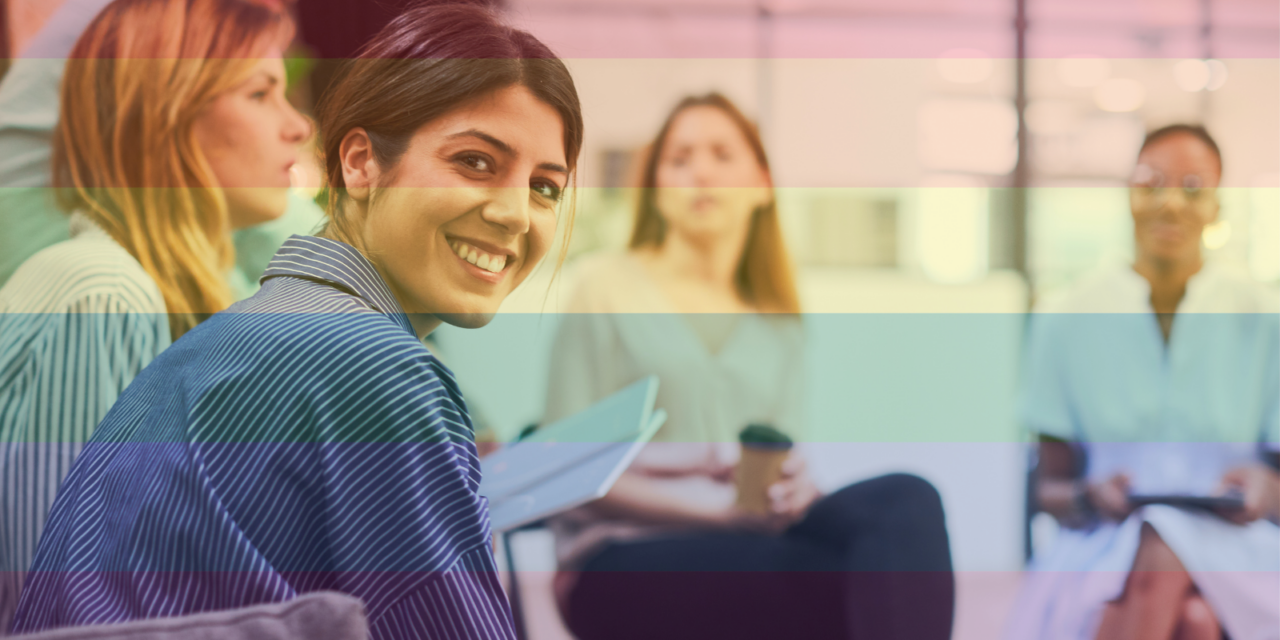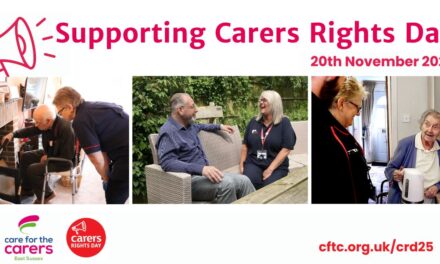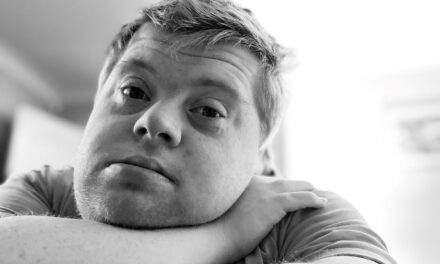Firstly, what does LGBTQ+ stand for?
LGBTQ+ is an initialism that stands for “lesbian, gay, bisexual, transgender, and queer”. The plus sign signifies the other sexualities and identities that fall under this umbrella, including questioning, intersex, pansexual, two-spirit, asexual, and ally.
While changes in the law and people’s attitudes have positively affected LGBTQ+ people’s experience in many ways, the workplace can still be an unsafe environment for those within the community.
In 2021, a CIPD (Chartered Institute of Personnel and Development) report was published called, ‘Inclusion at work: perspectives on LGBT+ working lives’. The report found that…
-
- 40% of LGB+ workers and 55% of trans workers experienced workplace conflict and harassment, compared with 29% of heterosexual, cisgender employees.
- 16% of LGB+ workers felt psychologically unsafe in the workplace compared with heterosexual workers (10%), while for trans workers, the figure is 18%.
- Close to half (44%) of LGB+ workers who had experienced being undermined or humiliated said this had not been resolved.
9 ways to be an ally to your LGBTQ+ colleagues…
- Encourage and take part in conversations about the value of inclusion and understanding people’s differences
- Don’t make assumptions about people’s sexual orientation or gender identity, or who their partner is. Using gender neutral language can help. You could say ‘partner’ instead of ‘boyfriend/ girlfriend’ or ‘wife/ husband’ and ask ‘what do they do for a living?’
- Let people come out in their own time and to people they trust. If someone has come out to you, don’t assume that everyone at work knows.
- Don’t shy away from having the conversations you would usually have at work with your LGBTQ colleagues. If you chat with colleagues about what they’re doing at the weekend etc, then include LGBTQ colleagues in those conversations.
- If you know or work with someone who is LGBTQ, don’t focus on their sexual orientation and gender identity. We all have multiple aspects to our identity.
- If you hear someone saying something homophobic, biphobic or transphobic – challenge it. It can feel uncomfortable, but it’s a vital part of LGBTQ people feeling safe and valued.
- Don’t accept ‘jokes’ about sexual orientation or gender identity, Mocking who people isn’t funny: it hurts and undermines people’s sense of belonging.
- Educate yourself: if you don’t know what a term means look it up. If you’re not sure what legal battles are still important for LGBT people, explore them.
- And finally. Be prepared to be challenged yourself. We all make mistakes. If someone says they don’t like something you’ve said or done, try not to be defensive – listen, say sorry, and learn from the experience.
Support the LGBTQ+ community on a day to day basis
Read our article ‘How to be an ally’ to find out what an ally is, how you can better support marginalised groups (including LGBTQ+ folk) and why it is important.
Did you know…
In 2021, East Sussex County Council (ESCC) published The East Sussex health needs assessment. This assessment reviewed the health, care and wellbeing needs of the lesbian, gay, bisexual, transgender, queer (plus all other sexual orientation and gender identities) population (LGBTQ+) in East Sussex. This was the first time a specific LGBTQ+ needs assessment had been done for the county.
ESCC co-produced and published some recommendations in the report. Examples of recommendations include a better collection of sexual orientation and gender identity data and actions to make services and settings more inclusive.
Working in partnership with NHS Sussex and other local partners, ESCC are already running several projects to identify these needs.
Read The Lesbian Gay Bisexual Trans Queer + (LGBTQ+) Needs Assessment.




